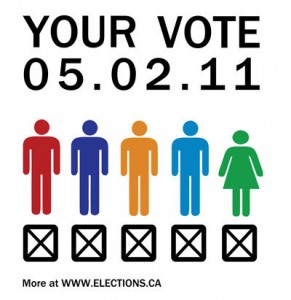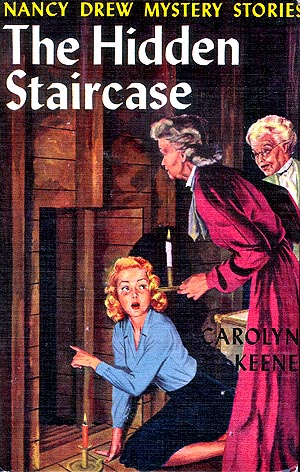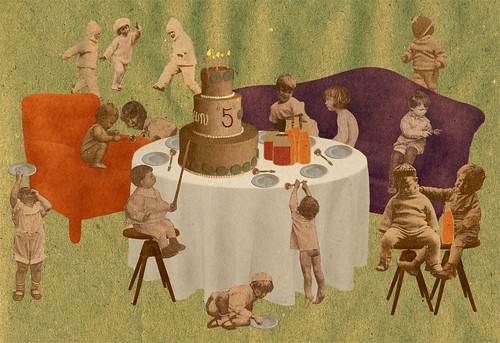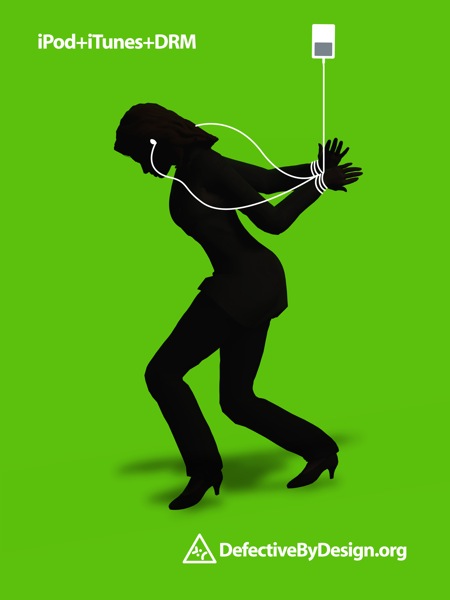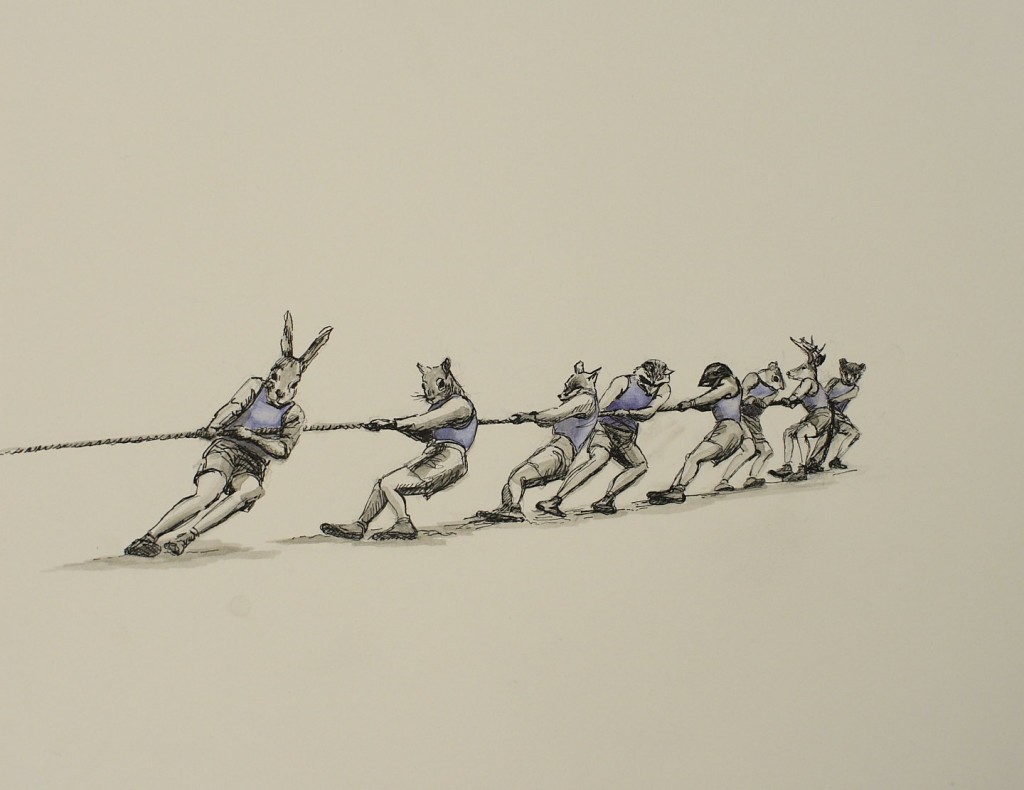With the “Leaders” debates over, all the parties are gearing up for the march to the finish line.
Over these last few weeks of campaigning, among the many issues at hand, it’s important to consider what this election means for libraries and librarians. Helpfully, the CLA has released a tool-kit for librarians that focuses on some of the key issues:
1. Copyright
CLA appreciates the government’s intent to provide copyright legislation which is both balanced and technologically neutral.Over 21 million library users are seriously concerned about the shape Canadian copyright legislation continues to take.
Library users are the Canadian public: they are not members of a “special interest group” when it comes to copyright.
Copyright laws must reflect the public interest…
2. Library Book Rate
The Library Book Rate is a Canada Post service that provides a reduced rate for mailing library books between libraries and from libraries to their users.Members of the library community were disappointed to see Private Member’s Bill C-509 get as far as it did in the legislative process, only to have to start over from scratch due to the 2011 federal election call…
3. Initiative for Equitable Library Access (IELA)
CLA’s landmark report (2005), Opening the Book: A Strategy for a National Network for Equitable Library Service for Canadians with Print Disabilities, outlined how the current inadequate and fragmented resources serving Canadians with print disabilities could be organized into an efficient and equitable nationwide library network.Leadership is needed at the federal government level to coordinate the various elements of the network, known as the Initiative for Equitable Library Access (IELA)…
4. Digital Economy
Canada’s libraries can and should play an important role in the development of a national digital economy…
Also, I’d add as a government librarian that issues of transparency, accountability, and open access to information are hugely important to the sustainability of a democratic government.
Funding information management projects that modernize information sharing and access are essential to keeping up with the speed of government and the needs of Canadians.
Issues of openness and fairness in government is a theme latched onto by all the opposition parties. Yet, only the Liberals’ platform seems to have identified some of the other issues, particularly the digital divide.Correction – Apr 19: The CLA has chosen to put out a release specifically on the Liberal’s platform as it relates to libraries and the digital divide. I will be posting more the other platforms this week. Update – Apr 19: CLA’s rundown on each platform is here.
But, it doesn’t mean we shouldn’t be on the case of all the parties. Email. Call. Write. Show-up. Ask questions of you local candidates. Demand answers. Most importantly, vote. Remember, the sidelines are for suckers.
Party websites:
www.liberal.ca
www.conservative.ca
www.blocquebecois.org
www.ndp.ca
www.greenparty.ca
Register to Vote:
www.elections.ca
